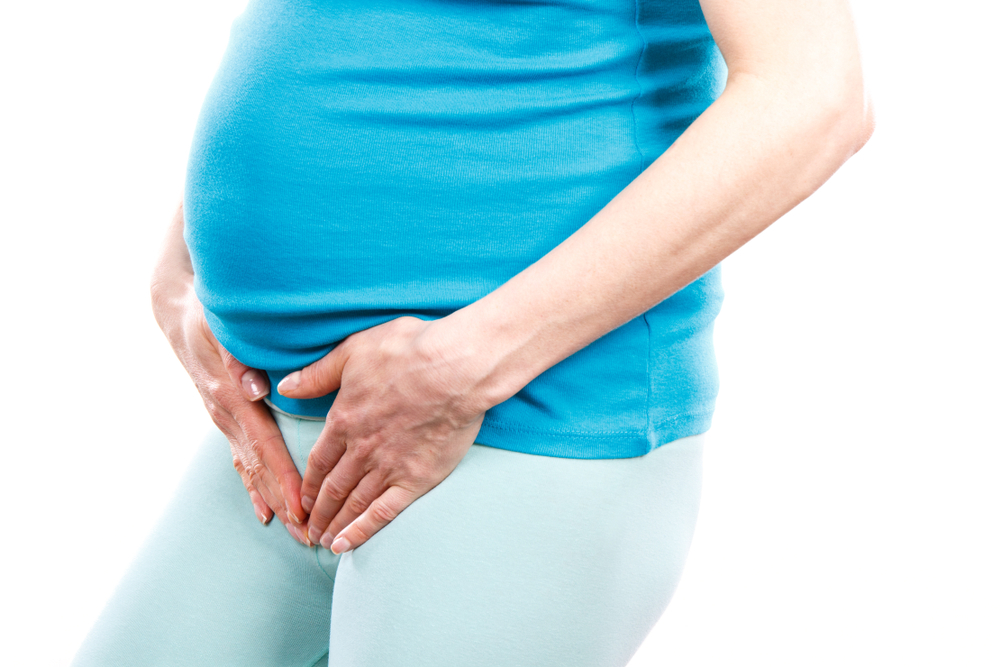
Urinary tract infections, or cystitis, are particularly common in pregnant women and require careful monitoring and treatment to ensure the health of both mother and baby.
Why Is Cystitis More Common During Pregnancy?
Cystitis in pregnancy is most often caused by E. coli bacteria. While the mechanism of infection is similar to non-pregnant women, pregnancy introduces additional risk factors:
Why Is It Important to Monitor Bacteriuria During Pregnancy?
Pregnancy brings hormonal changes and dilation of the urinary tract, which can allow bacteria to travel from the bladder to the kidneys, causing a more severe infection called pyelonephritis.
Why Is Pyelonephritis Serious?
How to Detect Cystitis Early
Watch for the following symptoms to identify cystitis before it progresses:
When to Consult a Doctor:
If you notice any of these symptoms, consult your doctor immediately. Do not self-medicate or take leftover antibiotics, as proper treatment during pregnancy is essential to protect both you and your baby.
Support at Sakalli IVF
If you’re experiencing symptoms of cystitis or have concerns about urinary tract infections during pregnancy, contact Sakalli IVF for expert guidance and care. Our team is here to provide personalized support and ensure the best outcomes for you and your baby.
Copyright © Sakalli IVF. All rights reserved